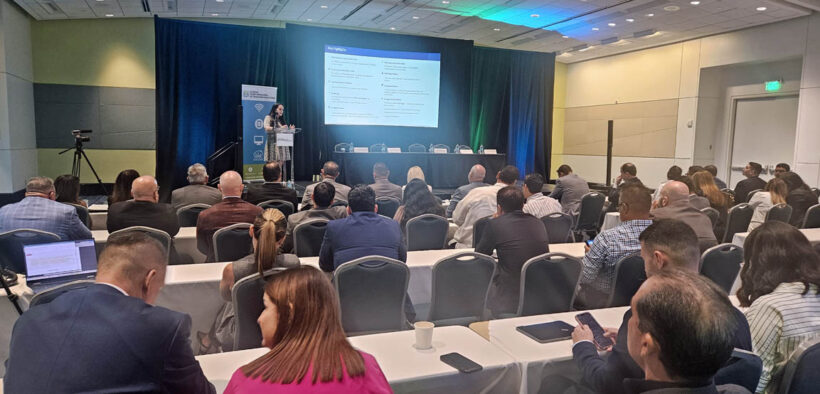Puerto Rico telecom sector tops $3.5B investment

Puerto Rico’s telecommunications sector remains one of the main drivers of the island’s economy, generating billions of dollars in private investment, government revenue and employment, according to a new report from the Puerto Rican Telecommunications Alliance (APT, in Spanish).
The study, “Telecommunications Industry in Puerto Rico: Economic, Fiscal and Social Impact Report 2025,” prepared by research firm Inteligencia Económica, highlights the sector’s expanding role in the local economy.
Between 2020 and 2025, telecommunications companies invested about $3.5 billion in infrastructure and digital services, including $2.62 billion in private capital.
“The results of the study reaffirm the fundamental role that the telecommunications industry plays in the comprehensive development of Puerto Rico, innovation and progress,” said APT President Pedro G. Andrés. “These elements allow us to strengthen our island’s competitiveness on the global stage, opening opportunities for individuals and organizations.”
The report found that telecommunications contribute between 2.5% and 3% of Puerto Rico’s gross domestic product and have generated about 32,000 indirect and induced jobs over the past five years.
The industry has also added an estimated $4.2 billion in wages to the local economy and contributes between $235 million and $238 million annually in taxes and fees that support government services.
Looking ahead, the sector expects another $3.3 billion in investment between 2025 and 2030, including $2.8 billion in private spending and $492.9 million in federal funding for broadband expansion. That phase is projected to create about 21,300 additional jobs, reinforcing the industry’s role in Puerto Rico’s economic and digital transition, the report said.
Challenges ahead
The report also cites several obstacles that could slow progress. Energy reliability remains a key concern as frequent outages and rising electricity costs disrupt network performance.
Nearly 94% of telecommunications companies have invested in generators, 81% in batteries and 63% in solar systems to safeguard operations, spending more than $23 million in 2024 alone, according to the study.
Permitting delays and limited access to utility poles continue to affect network expansion. More than 40% of companies reported long wait times that hinder fiber-optic and small-cell technology deployment — both essential to improving islandwide connectivity.
Despite those challenges, the sector continues to innovate. The report found that 44% of companies already use artificial intelligence tools, 39% are evaluating their implementation and nearly 80% plan to increase investment in AI within the next two years.
“Without a doubt, we are facing an encouraging outlook,” Andrés said. “The commitment of companies in the telecommunications industry is evident, but it is necessary to emphasize the importance of creating the right conditions for doing business on the island.”
“Energy and permitting issues remain major challenges. We’re confident that with close collaboration between the public and private sectors, the ideal business climate can be created to protect what has been achieved and maximize opportunities for Puerto Rico,” he said.
The report’s release coincided with the 10th anniversary of the APT, whose members include wireless, broadband and television service providers, as well as infrastructure operators that manage towers, fiber networks and small-cell systems.




